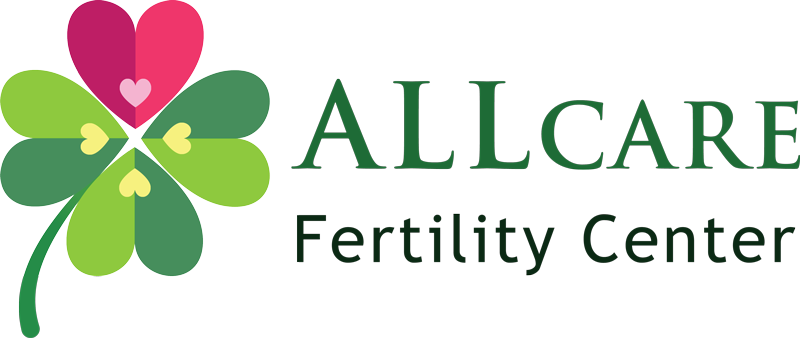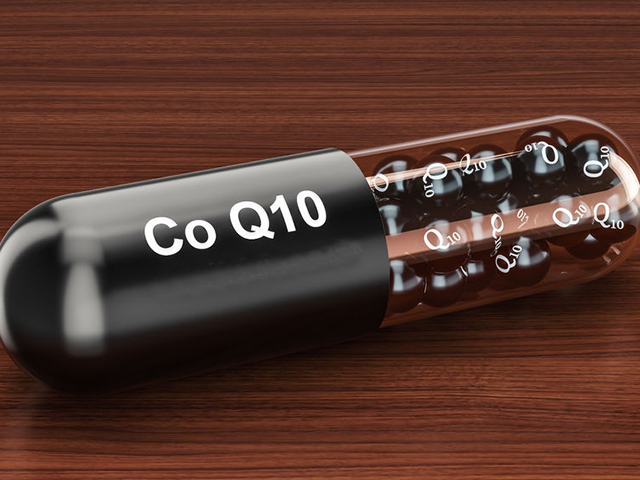Coenzyme Q10, or CoQ10 for short, is a nutrient that occurs naturally in the body. Highest levels of this compound are found in the liver, heart, kidneys, and pancreas. Cells use CoQ10 for various functions, such as growth and maintenance. CoQ10 also functions as an antioxidant by protecting cells in the body from damage caused by harmful molecules. For couples trying to conceive, the use of CoQ10 supplements can be highly advantageous. There is a direct link between CoQ10 and male and female fertility, making the nutrient an important component of any fertility treatment plan.
How Does CoQ10 Improve Fertility?
CoQ10 plays many vital roles in our diet and health. It functions like a vitamin to boost energy production in the body while helping to fight the leading causes of cardiovascular disease. While the substance has long been touted for its neurological and cardiac health benefits, modern studies have shown that coenzyme Q10 can have a significant impact on fertility. According to research published in the Journal of Fertility and Sterility, women who were given 600 mg of CoQ10 supplements per day saw improved egg health and fertilization rates.
The consumption of CoQ10 supplements has also been found to enhance male fertility. A study published in the Journal of Andrology found that men who took 200 to 300 mg of CoQ10 daily experienced a noticeable increase in sperm motility and sperm count, as well as an overall boost in sperm health. According to the Indian Medical Association, between 30 and 80 percent of infertile males have high amounts of free radicals in their semen. These free radicals are responsible for damage to the sperm. In addition to attacking the membrane around the sperm, free radicals can also cause damage to DNA, leading to genetic errors. CoQ10 helps protect cells from free radicals.
Why Are CoQ10 Supplements Needed?
You may be wondering why you need a CoQ10 supplement if your body produces the compound naturally. First, the natural production of CoQ10 gradually diminishes as you age. The nutrient has also been found to be lower in people who have certain health conditions, such as heart disease. In addition to taking supplements, you can fill in any nutritional gaps by eating foods rich in coenzyme Q10. Organ meats provide a high dose of CoQ10, with a beef heart containing about 113 micrograms per gram of meat and pork heart containing 127 micrograms per gram of meat. Compare this with other dietary sources like canned tuna which contains just 16 micrograms per gram of fish.
Should CoQ10 Be Used During Treatment?
If you are undergoing fertility treatment, talk to your doctor about adding CoQ10 to your diet plan. In a study published in the Journal of Assisted Reproduction and Genetics that examined women who were undergoing in vitro fertilization (IVF), researchers found that women who had higher concentrations of CoQ10 in the fluid surrounding their eggs experienced better quality embryos and higher pregnancy rates. To achieve favorable results, women trying to conceive typically take 300 to 600 mg per day starting about three months prior to the date they are due to begin their IVF treatment.
If you are unfamiliar with CoQ10, you may have come across the terms’ “ubiquinone” and “ubiquinol.” Ubiquinone and CoQ10 are interchangeable. The body naturally converts ubiquinol into ubiquinone and vice versa to maintain a balance as both perform important functions. Until recently, you could only purchase CoQ10 (ubiquinone). It is now possible to purchase ubiquinol. Ubiquinol is often the better choice as it offers many of the same benefits without having to wait until the body concerts CoQ10 for you.
Is CoQ10 Beneficial After Fertility Treatment?
Taking extra CoQ10 is recommended during the egg retrieval stage of fertility treatment, but is not suitable for use after transfer. During pregnancy, CoQ10 levels gradually increase. According to a study published in an issue of Fetal Diagnosis and Therapy, low levels of coenzyme Q10 in the blood have been associated with spontaneous abortion. However, as the use of CoQ10 supplements during pregnancy have not been well-studied, it is best to avoid taking it unless prescribed by your doctor. CoQ10 does come with certain risks and is not safe for everyone. Speak to your doctor before taking it to determine if it is safe for you.
CoQ10 should only be used during the egg retrieval cycle to improve egg health and fertilization rates. These supplements are generally not recommended for use during transfer, or the following transfer. It is important to stop the use of CoQ10 after transfer to avoid the development of fetus disorders or abnormalities.
DISCLAIMER: All content provided in this article is for informational purposes only and is not intended to serve as a substitute for professional medical advice, diagnosis, and/or treatment by a qualified healthcare professional.

